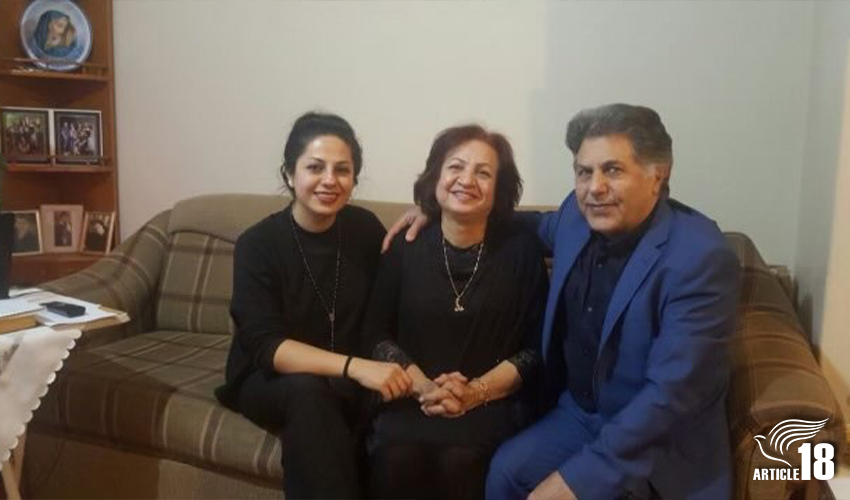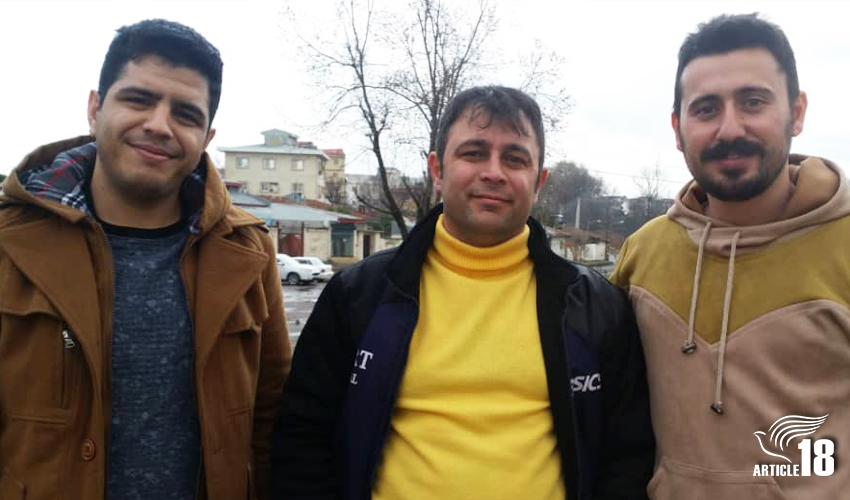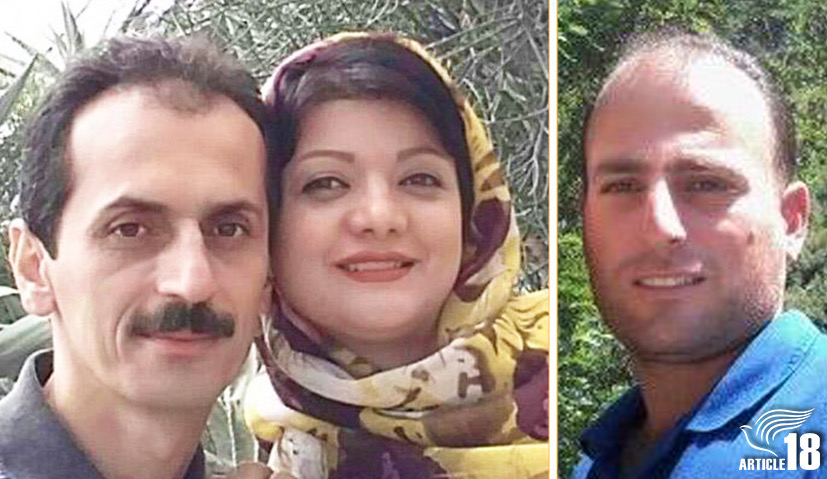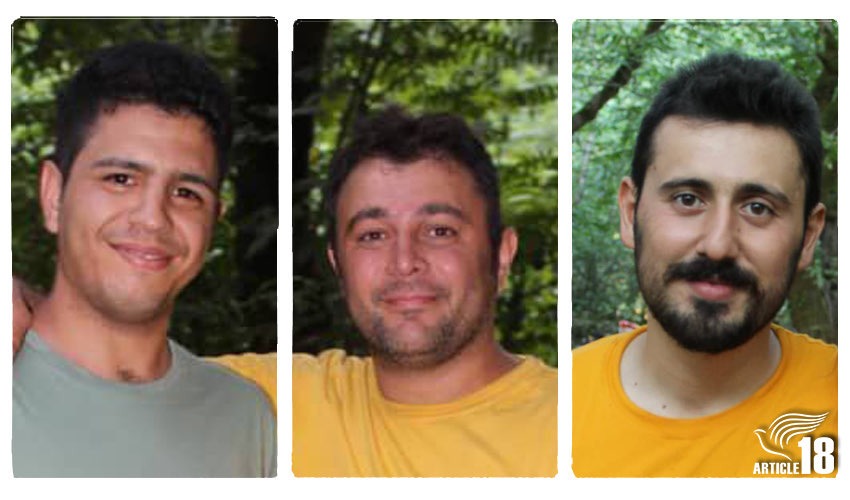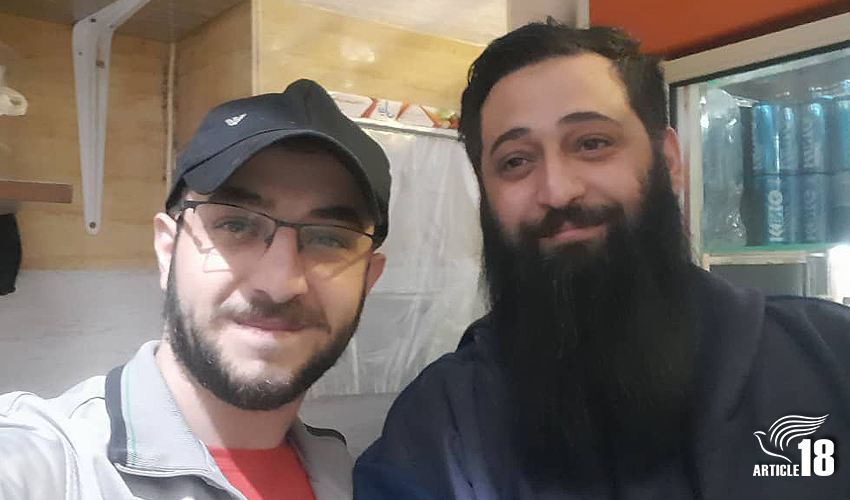
by Steve Dew-Jones | 18 Feb 2022 | News
An Anglican minister who fled Iran six years ago because of constant harassment by intelligence agents and multiple arrests has now been told he is to be deported back to Iran from his city of temporary residence in Turkey. Pastor Hekmat Salimi, who is 72 years old...

by Steve Dew-Jones | 17 Feb 2022 | News
Left to right: Ahmad Sarparast, Morteza Mashoodkari, and Ayoob Poor-Rezazadeh. Three converts facing up to 10 years in prison for alleged “deviant propaganda” and ties with foreign organisations have denied all the charges against them and said they are “just...

by Steve Dew-Jones | 16 Feb 2022 | Case Studies
(Last updated: December 2023) Left to right: Ramin Hassanpour, Saeede Sajadpour, and Moslem Rahimi. Case referenced by Article18, Jubilee Campaign, HRANA, United For Iran, Middle East Concern, International Institute for Religious Freedom, The Christian Post, Iran...

by Steve Dew-Jones | 15 Feb 2022 | Case Studies
(Last updated: December 2023) Left to right: Ahmad Sarparast, Morteza Mashoodkari, and Ayoob Poor-Rezazadeh Case referenced by Article18, Premier Christian News, IranWire, Iran News Wire, HRANA, International Christian Concern, CSW, Middle East Concern. Summary...

by Steve Dew-Jones | 14 Feb 2022 | News
Behnam Akhlaghi (left) and Babak Hosseinzadeh. Two of the nine converts cleared by a Supreme Court judge of “acting against national security” have now been charged with “propaganda against the state”. Just six weeks after they were released from prison pending a...
